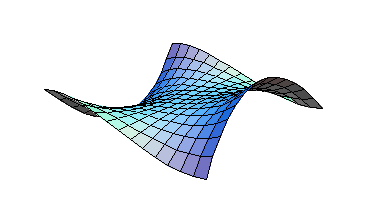IndependentlyPoor
Thinks s/he gets paid by the post
I do miss Mathematica. When my computer died a couple of months ago, I called Wolfram to see how much it would cost to upgrade to the new version and move the license to a new machine. They wanted $2000, and that was after a 20% existing customer discount.
Yikes! I decided that $2K was above my means.
The graphics package was awesome though.
Yikes! I decided that $2K was above my means.
The graphics package was awesome though.

 ). We learned about Gantt charts and that sort of thing.
). We learned about Gantt charts and that sort of thing.
 (think labor relations, managing employees etc).
(think labor relations, managing employees etc).

 I turned in my pocket protector on the way out.
I turned in my pocket protector on the way out.